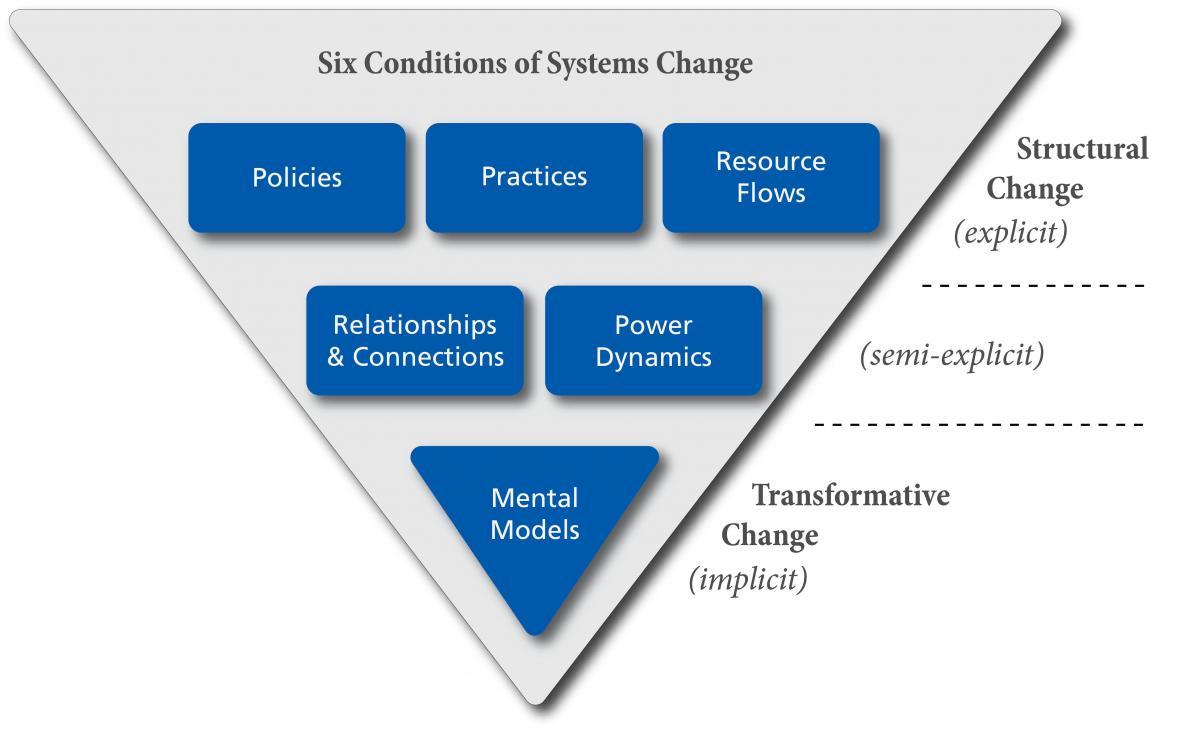I’ve seen a lot of people who are happy to chat away about the problems with the social impact space as it is today and how everyone’s doing a bad job of helping people and the planet. There’s so much talk about what business leaders are not doing and how nothing seems to “make a difference”. There’s a blatant disregard for any little progress that’s being made because, in the large scheme of things, you do not see progress.
While I agree that some of these comments might be true, I also disagree because change is sometimes not explicit and it may actually be happening even when you do not see it. After having spent so many years in this space, I’ve come to realise that every small difference you make still matters.
Take a community for women or a D&I initiative which organises events for women for instance. I agree that bringing a group of women together for a talk may not make a lot of difference in and of itself. But oftentimes, this is the starting point for many women to find support in a community and start feeling safe and comfortable in owning up to their aspirations or sharing their problems. Without such an opening, she goes on without ever being even acknowledged. Such small, attainable efforts are required to build momentum and for all parties to start believing that change is underway.
When judging social impact initiatives, I tend to wonder what purpose each step solves for the user and why it might be relevant. The job that such simple initiatives may be doing, may often be social and emotional and not necessarily functional. (Read jobs to be done for context). To bring about behaviour change and to garner support from others and especially leadership in doing so, one must have belief and must learn to cultivate belief in others that the future we hope is indeed attainable.
Before changing mental models and attaining systemic change, there’s a lot more that needs to happen. And every single step counts in that positive direction. In the case of women coming together for community meetups, that is semi-explicit change and tends to deal with strengthening relationships and reversing power dynamics that could in turn lead to a change in mental models. While you could think that there’s a visible change in the way women organise themselves or in the company-wide policies, nothing still happens, that often is because such semi-explicit and implicit changes tend to be harder. Now we can choose to get dejected and say nothing ever works, or we can look at the ways in which IT IS WORKING and choose to build on that in a strategic and smart way to engineer change.

Empowering people and making a difference in the way they think and approach their lives is not as easy as one might think. And while we can all put on our cynical hats and comment away on how things are not working, it would help to take a moment to look at the bright side and what little difference we might actually be making.
If you’re someone who has ever tried to do something meaningful for society beyond preaching and calling out on others, you’d know how difficult it is to bring about change. If it was everyone’s cup of tea to choose to work towards improving people’s lives, everyone would have done it. It is easy to tear down efforts and look down upon them and say, “oh! you’ve only done so much and it is nothing when you look at the large scheme of things.” What is hard is committing to a life of working towards making any difference at all without losing hope or optimism about it. What is hard is to use what you get and attempt to influence change despite it being difficult to achieve.
Perhaps the next time I’ll choose to listen to negative commentary from arm-chair activists, I’d rather say, “Tell me what you’ve done and learnt from your first-hand experience. The news reports, stories you’ve heard and your vision for how things must really be can wait.”